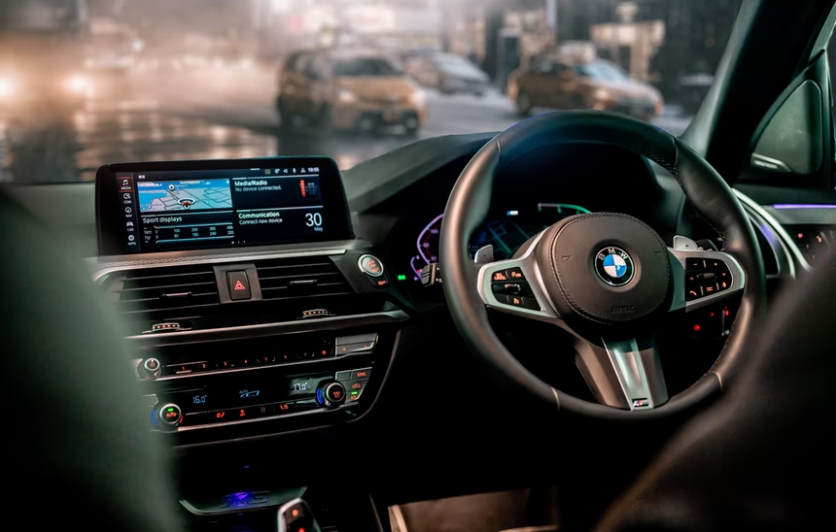
BMW will be removing the touchscreens from its new vehicles because of the chip shortage.
While other auto manufacturers have to pause production or cut other features in their vehicles, this omission of touchscreens is a big deal especially that nowadays, touchscreens are the standard feature in vehicles, and not having one can affect how you interact with the vehicle daily.
BMW to Remove Touchscreens
According to a forum post on BimmerFest, some affected vehicles, which includes the 3 Series sedans, and X5, X6, and X7 SUVs and crossovers will also lose access to the backup assistant feature too, which backs into spots for you after recording how you drove through them going forward.
The post also stated that vehicles shipped without touchscreens will come with a $500 credit and it will require both a software update and the customer to sign a form with the dealer to acknowledge that they know about the feature removal.
Instead of the touchscreen, users will have to rely on a controller in the center console, which features touchpad-like abilities.
It is a divisive input option between reviewers, but most people doubt that consumers would select it over the touchscreen under normal circumstances, according to The Verge.
What is worse is that people won't be able to get a touchscreen installed after the fact with the $500 that they are saving from the removal.
At this point, it may be best to just try and wait it out, while the chip shortage is expected to last until at least 2023, vehicles are usually a long-term purchase. Consumers may be using a touchpad instead of a touchscreen in 2030.
GM has dropped its features too, from the HD radio and built-in wireless charging on some car models to serious omissions like fuel management modules and auto stop-start on some of its V8s and its much-touted Super Cruise hands-free driving mode, according to Engadget.
Also Read : How Can Tesla Produce Cars Amidst Chip Shortage, Plant Shut Down; Musk Says Best Software Team in the World
Effects of Global Chip Shortage
The semiconductor shortage will cost the auto industry $210 billion in lost revenue, according to ZDNET.
The coronavirus pandemic had affect so many supply chains, but the supply chain issues in the semiconductor business fell heavily on the car industry, with massive companies like Volkswagen and BW, Ford and General Motors all warning of the impact of the chip shortage on production.
AlixPartners has almost doubled its prediction of estimated losses since May of $110 billion to $210 billion. It's forecasting that auto makers won't product 7.7 million units in 2021, up from 3.9 million in its May forecast.
The drop in output is mostly but not down to the global chip shortage.
Chip foundries, or contract semiconductor manufacturers, focus their investments in higher value chips for computers and smartphone using new manufacturing processes.
The auto industry was caught out because vehicles use cheaper chips created with older production techniques for the micro-controlling units.
For example, Intel is struggling to achieve a 7nm process. IBM is experimenting with 2nm technology. While semiconductor giant TSMC in July announced it had achieved a 30% bump in MCU output, the automotive was less than 5% of TSMC's revenues in Q1 2021.
The company predicted that global chip supplies remain constrained at least until 2023.
Related Article : Bosch China Believes Chip Shortage Will Push Next Year | Supply to Remain 'Very Low' in the Remaining Three Months of 2021
This article is owned by Tech Times
Written by Sophie Webster
![Apple Watch Series 10 [GPS 42mm]](https://d.techtimes.com/en/full/453899/apple-watch-series-10-gps-42mm.jpg?w=184&h=103&f=9fb3c2ea2db928c663d1d2eadbcb3e52)



